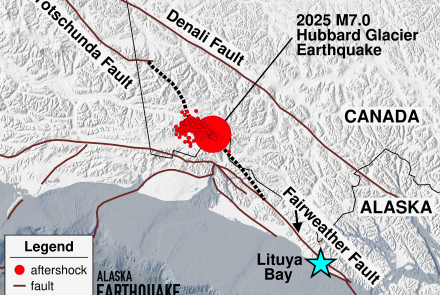Serious Weather Predictions
Weather prediction is probably nearly as old as mankind. Which has advanced farthest over the years is perhaps a matter of conjecture. In EDIS, a publication of the National Oceanographic and Atmospheric Administration, Patrick Hughes notes that as early as Babylonian time, circa 2100 B.C., weather phenomena were being associated with the positions of heavenly bodies. At that time, weather prediction was done by priests who developed schemes of astrological-meteorological prediction, and weather prediction was based mostly upon myth. By 750 B.C. the Greeks were beginning to codify sound predictive techniques based upon observational experience. Later, the Romans included weather "signs" in handbooks and almanacs prepared for farmers.
No doubt the most serious weather forecasters were those feudal astrologers who, after the fall of the Roman Empire, were responsible for forecasting weather for military campaigns. If the forecaster made the correct forecast and the campaign was a success, the astrologer was allowed to live to forecast again, but if his forecast was wrong, the penalty was sometimes death. Think how many of those unfortunates wished they had been clever enough to have thought up the modern practice of saying "Tomorrow there will be a fifty percent chance of rain."




